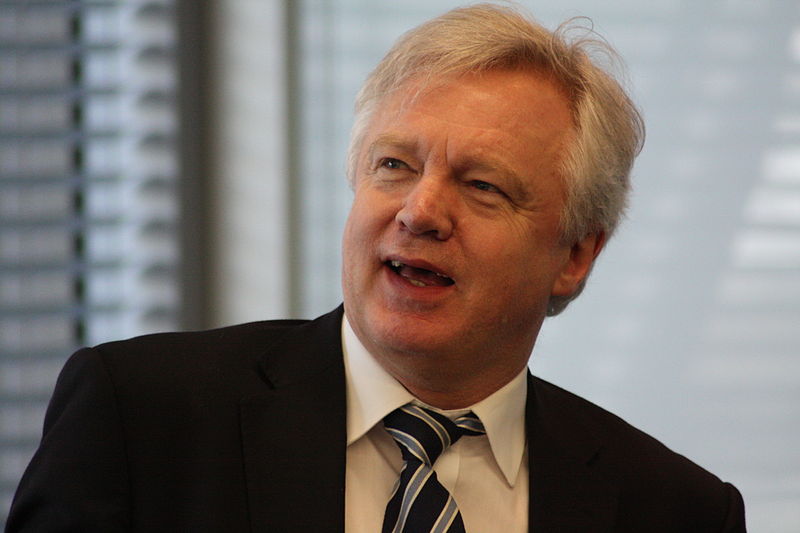
David Davis, the Conservative MP for Goole and former lead Brexit negotiator, has recently acknowledged that fostering closer ties with Europe is simply ‘common sense’—a statement that
might raise eyebrows given its absence in mainstream discussions eight years ago.
Reflecting on the stark contrast between the present discourse and the fervor surrounding Brexit during its peak, one cannot help but note the irony. This candid admission, however late, marks a significant departure from the political narrative that dominated the period leading up to the UK’s departure from the EU. It’s a sentiment that some may feel should have been emblazoned on campaign buses at the time.
In an interview with The Telegraph, Davis was asked about Priti Patel’s appointment as the Shadow Foreign Secretary. Known for her staunch pro-Brexit stance, Patel’s new role includes addressing Labour leader Keir Starmer’s strategy to realign the UK with Europe. Davis described Patel as a ‘very clear public thinker,’ signaling cautious optimism about her ability to navigate this complex portfolio.
Earlier this month, Kemi Badenoch secured victory in the Conservative leadership race, outpacing contenders like Robert Jenrick, James Cleverly, and Tom Tugendhat. Patel’s inclusion in Badenoch’s shadow cabinet underscores the leadership’s inclination to rely on experienced figures, particularly in key roles that intersect with Brexit and foreign policy.
Patel’s new responsibilities will involve countering Starmer’s efforts to strengthen the UK’s European relationships—a move that, according to Davis, is sensible given the realities of trade. While Prime Minister Badenoch has firmly ruled out any reversal of Brexit, her government seeks to pursue targeted agreements with individual EU nations.
Davis’s comments about the necessity of closer ties come as a surprise, considering his influential role in steering the UK out of the European Union. He admitted that while there would be significant ‘trade-offs’ to consider, the logic of working closely with ‘a nearby trading partner’ remains sound—especially in the context of global economic shifts, such as the outcome of the recent US election.
“It’ll be interesting to see how Starmer delivers on his attempted closer arrangements with Europe. In one measure, closer arrangements with Europe are just common sense; they are a nearby trading partner. But the trade-offs they have to agree are very important,” Davis noted.
His remarks underscore a shifting acknowledgment among key political figures: that practical cooperation with Europe might not only be beneficial but necessary. For many observers, this statement is a belated recognition of the geopolitical and economic realities that have emerged in the post-Brexit era. Photo by Robert Sharp / englishpen, Wikimedia commons.




































